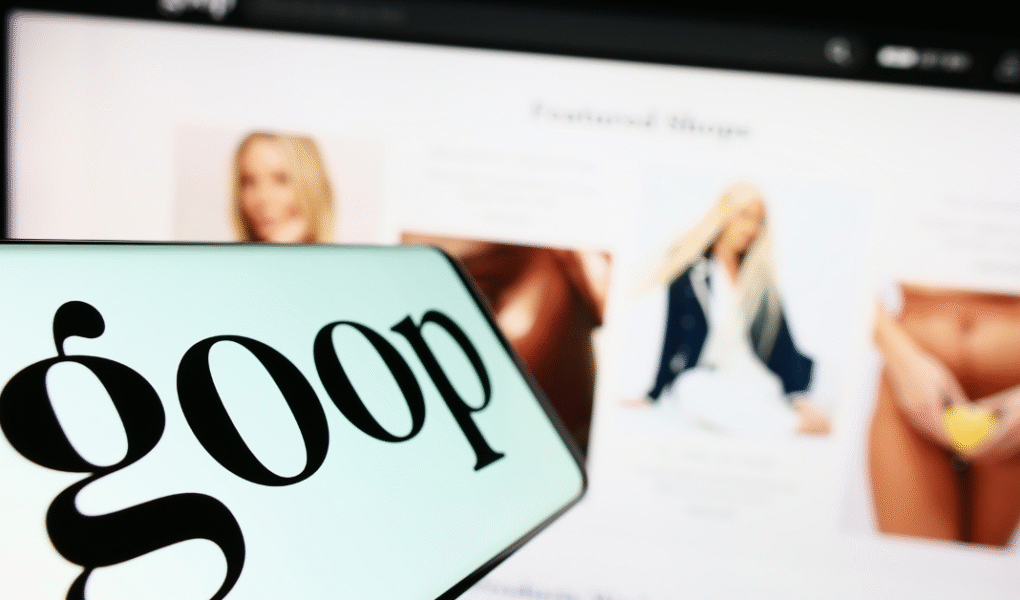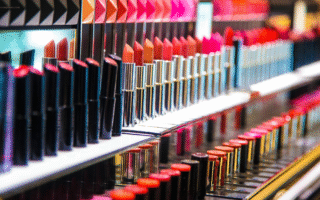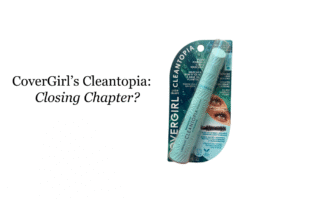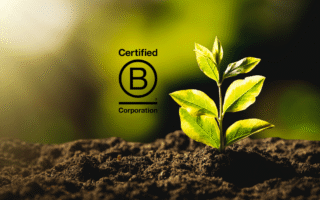Clean beauty began as a grassroots movement focused on transparency, integrity, and ethical care. Decades before the term existed, campaigns like Beauty Without Cruelty, founded in 1959 by Lady Muriel Dowding in the U.K., championed cosmetics free from animal testing and cruelty, laying the foundation for ethical and ingredient-conscious skincare. Similarly, natural skincare companies have been creating thoughtful, plant-based formulations for decades—long before “clean beauty” was a label.
But as money and influence have poured in, the movement has shifted. Marketing often leans on fear and the promise of exclusivity, two dynamics that echo cult-like structures. The problem isn’t the products, it’s the culture that sometimes grows around them.
Feature image: Timon – stock.adobe.com
A Case Study: Goop and OneTaste
This tension is clearest in the connection between Gwyneth Paltrow’s Goop and OneTaste. Federal prosecutors accused OneTaste of operating more like a coercive cult, with disturbing allegations that included manipulation and prostitution-like practices.
Goop didn’t create OneTaste—but it did actively promote it, positioning the practice as part of its glossy wellness universe. That silence today, as troubling details have come to light, highlights how celebrity-led “wellness” can operate with cult-like blind spots.
To understand the seriousness, The New Yorker recently published a detailed investigation into OneTaste, documenting coercion, exploitative labor practices, and accusations of cult dynamics. The fact that Goop once actively promoted OneTaste — and has never publicly addressed that association — raises difficult questions.
Fear vs. Integrity
When founders or platforms frame clean beauty as:
- Fear-based (“everything in your bathroom is toxic”), or
- Exclusionary (“only our ritual, our brand, our founder can save you”),
…the movement loses its integrity. Clean beauty doesn’t need gurus. It needs accountability and clarity.



